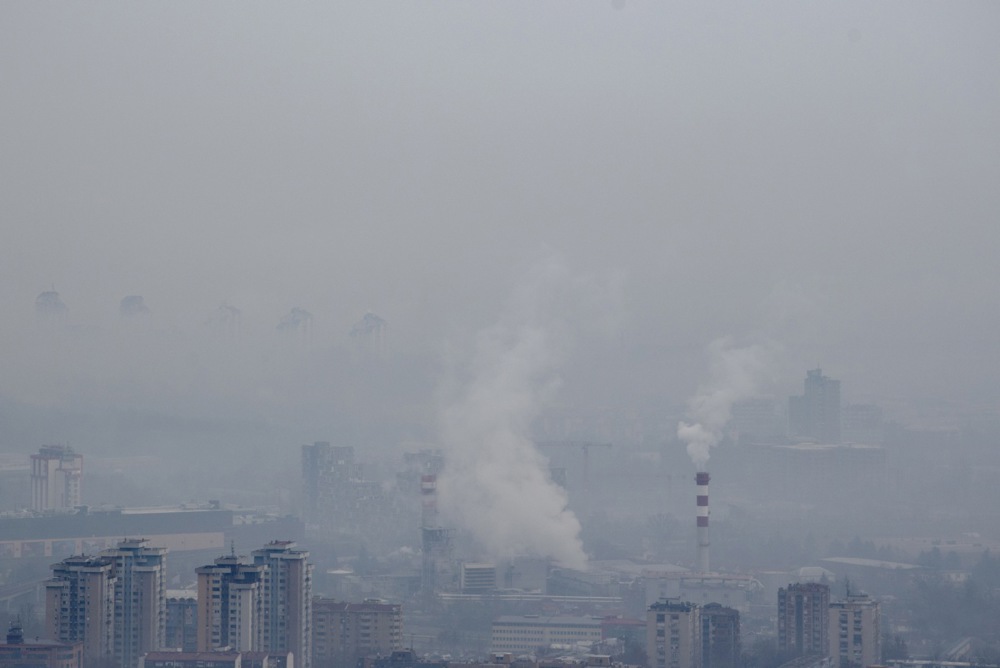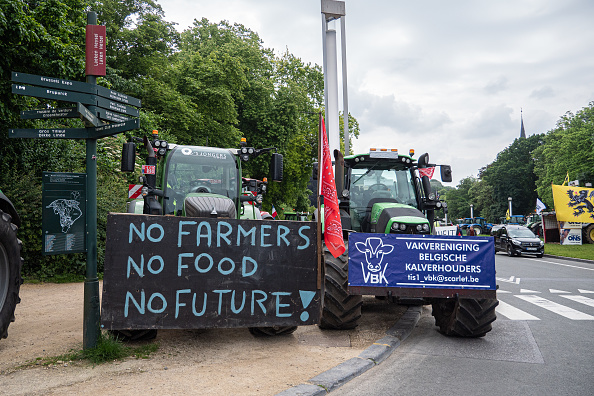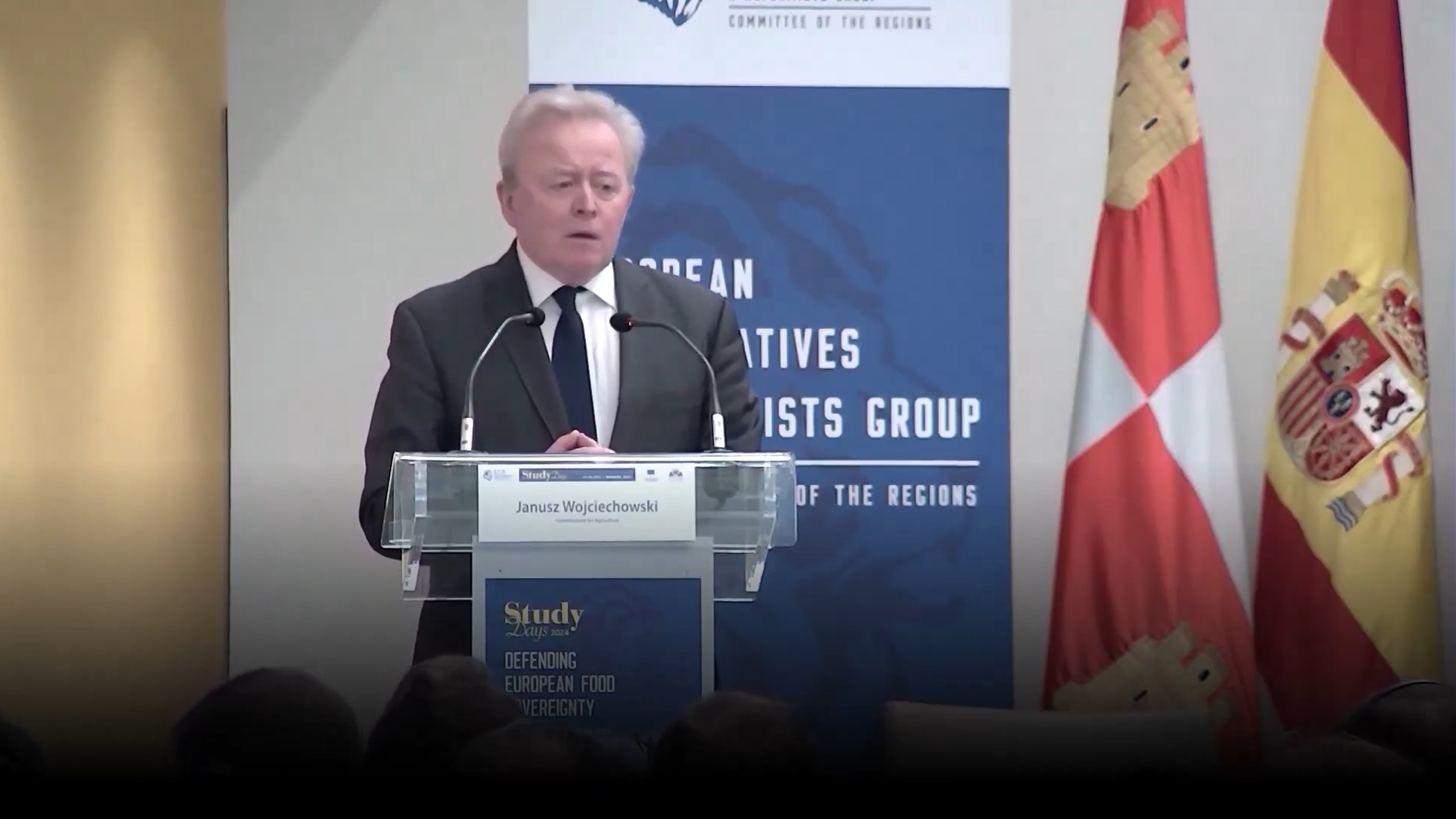Farmers in the European Union are not convinced by simplification of the rules promised to their sector by the European Parliament, Council of the EU and MEPs.
Agricultural groups representing them had already issued warnings when the European Commission proposed the plan and they are not reassured by the latest deal other EU institutions struck on November 10.
An agreement reached that day between the EP and the Council aims to simplify the EU Common Agricultural Policy (CAP), cutting red tape, easing payments and boosting competitiveness.
The deal would raise lump-sum payments for small farmers, reduce controls and redefine permanent grassland.
The goal, according to its promoters, is to make life easier for farmers and national administrations. But organisations representing farmworkers are not convinced that fewer rules will mean less complexity.
Farm Europe, speaking for the farming sector, said the EC’s version of “simplification” is mostly cosmetic.
In a statement on 10 November, it said EC President Ursula von der Leyen had hinted at “a few minimalist concessions” to EP President Roberta Metsola but offered “no formal modification” of the proposal.
According to the group, transferring a few legal articles to another regulation “is far from solving the structural problem” created by the EC’s single-fund plan.
European Commissioner for Agriculture and Food, Christophe Hansen, took a different view. Shortly after the deal was sealed, he posted: “Simplification promised, simplification delivered. Co-legislators have sealed the deal, cutting red tape and bureaucracy for farmers and national administrations.”
🎯Simplification promised, simplification delivered!
Co-legislators have sealed the deal, cutting red tape & bureaucracy for farmers & national administrations
A big win for EU farmers & agri-food producers, helping them focus on feeding Europe with simpler policies 👩🌾 pic.twitter.com/GG5SW7HFMr
— Christophe Hansen (@CHansenEU) November 10, 2025
Jacob Jensen, Denmark’s Minister for Food, Agriculture, and Fisheries and chair of the EU Council negotiations, said the agreement “not only contributes to the competitiveness of our farmers; it also makes it easier to deliver on our green ambitions”.
He added that the Danish presidency of the Council “will continue to focus on simplification” in future CAP talks.
In the EP, Liberals and Conservatives both said they welcomed the deal but for different reasons.
The Liberal Renew Europe group said it would “give farmers more autonomy in managing their land, help reduce production costs and lower the administrative burden.”
German MEP Christine Singer described it as proof that “deregulation and environmental protection are not contradictory”.
She underlined the new definition of permanent grassland that lets farmers manage fields according to local conditions, which she said could also help store carbon and maintain biodiversity.
Renew also welcomed exemptions for organic farmers from rules they already comply with, to avoid “double control”.
The European Conservatives and Reformists (ECR) framed the outcome as “a long-overdue victory for common sense”.
Agriculture Committee Chair and ECR MEP Veronika Vrecionová, chair of the European Parliament’s Committee on Agriculture and Rural Development (AGRI), said she was satisfied “even if it could have been more ambitious,” calling it a temporary but useful two-year fix.
Her colleague Ondřej Krutílek said the group had secured a commitment to review “problematic guidance” under Good Agricultural and Environmental Conditions, fewer on-the-spot checks, and “automatic recognition” for organic farms.
He also pointed to higher lump-sum payments for small farmers — up to €3,000 — and reduced penalties for farms of 10 to 30 hectares.
Copa-Cogeca, a group representing farmers across the EU, raised a financial red flag, saying: The reform planned for 2028 would “still mean less money overall for the sector”.
In a letter to MEPs, its presidents Massimiliano Giansanti and Lennart Nilsson also reacted to the EC’s latest move, saying it is “an attempt to change things without changing anything”.
They pointed out that the share of the EU budget dedicated to agriculture remains below 15 per cent, which is around 20 per cent lower than the current level, even before inflation.
For them, the “single national plan” approach will require “massive and costly administrative reorganisation”, add confusion and “distort competition within the European Union”.
Copa-Cogeca called for an alternative that keeps a “secure, independent, and inflation-proof” budget for the policy.
It said farmers also see financial shortcomings, arguing that the EC “continues to shift the burden on to regions and member states to make up for the budget cuts she plans to impose.”
The plenary vote in the EP on the simplification agreement is expected in late November.





